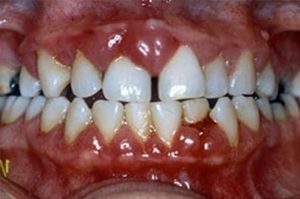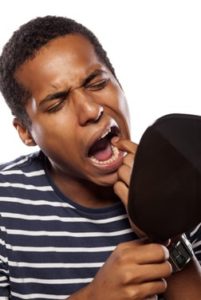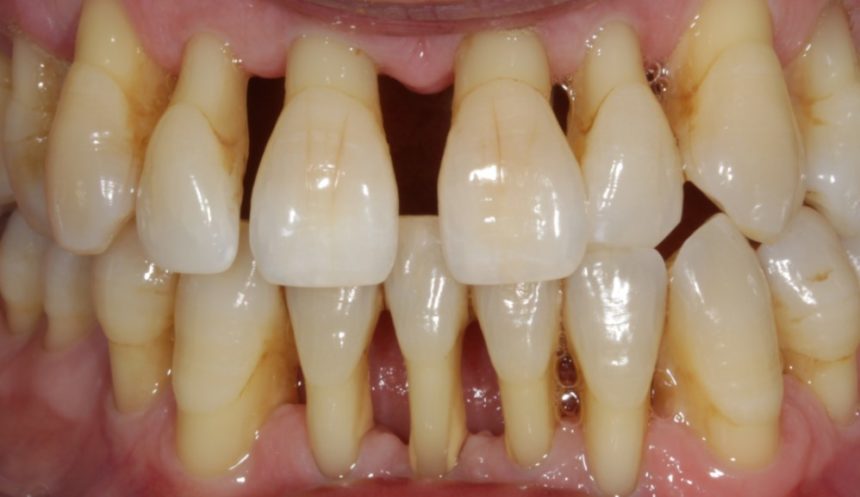Dental care is not limited to teeth, it also comprises the gums that holds our teeth in place. Any dentist will advise you to not neglect your gums and include them in the cleaning process, otherwise the bacteria that accumulate could lead to serious conditions. There are two common types of gum disease. Gingivitis is the less serious one but it can lead to the more serious one which is Periodontitis. Periodontitis spreads below the gums which causes damage to the tissue and bones. Don’t worry though, as scary as they may sound, they can be prevented by proper oral hygiene care. There are many telltale signs that you must look out for in diagnosing gum disease, here are a few of them.
Bleeding, swelling, redness and tenderness
 There are just some unlucky days when your gums would bleed after receiving a sharp blow. However spontaneous and unexplained bleeding accompanied by pain, tenderness and swelling is a whole different story. In case you feel any one or many of them, these are early signs of gingivitis and if symptoms persist go see your dentist immediately.
There are just some unlucky days when your gums would bleed after receiving a sharp blow. However spontaneous and unexplained bleeding accompanied by pain, tenderness and swelling is a whole different story. In case you feel any one or many of them, these are early signs of gingivitis and if symptoms persist go see your dentist immediately.
Gap between teeth and gums
 Now you might ask, what if this is just a case of misaligned teeth? But if all of a sudden, your gum recedes or move away from your teeth, it could a be a sign of a more serious condition. In this case, bacteria are beginning to accumulate from beneath your gums and are beginning to eat away at your gum’s nutrients. If you notice this sign, go see your dentist immediately
Now you might ask, what if this is just a case of misaligned teeth? But if all of a sudden, your gum recedes or move away from your teeth, it could a be a sign of a more serious condition. In this case, bacteria are beginning to accumulate from beneath your gums and are beginning to eat away at your gum’s nutrients. If you notice this sign, go see your dentist immediately
Loose teeth
This symptom is actually closely related to receding gums. Sudden and rapid loosening of teeth can be due to periodontitis and should not be ignored.
Occurrence of pus in gums and/or teeth
Pus is never a good sign since it usually follows after bleeding and can be an indicator of infection. If you see pus around you gums or teeth, seek professional help at once.
Persistent bad breath
 There is a difference between morning breath and bad breath due to infection in the gums. Gum infection can give off a distinctive rotten stench, though it may be difficult for patient to notice, they should be wary of what peers will say.
There is a difference between morning breath and bad breath due to infection in the gums. Gum infection can give off a distinctive rotten stench, though it may be difficult for patient to notice, they should be wary of what peers will say.
Unexplained bad taste
Random unexplained bad taste is also something that should not be taken lightly. This is often caused by bacteria eating away at your gum’s nutrients and could lead to gum problems. If you notice this symptom, seek dental advice right away.
Since your gums hold your teeth together in place, caring for it is just as important as caring for your teeth. They should be part of your overall oral hygiene and should be closely monitored. If any of the above symptoms start to make an appearance, schedule a meeting with your dentist at once.

